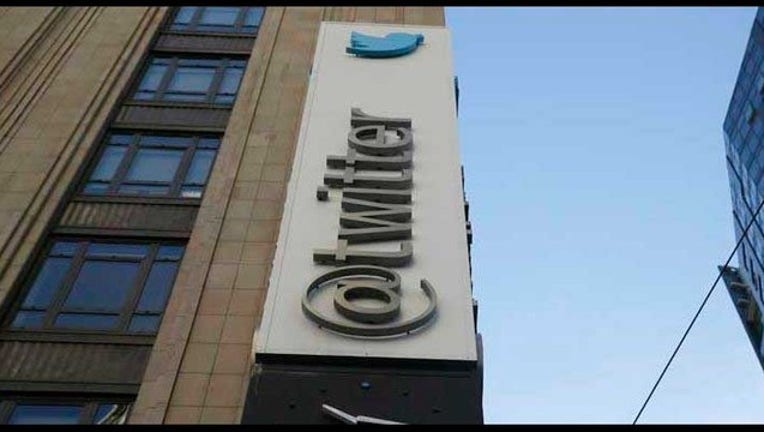San Francisco supervisors find tax break recipients didn't reinvest in community

AP Photo
SAN FRANCISCO (BCN) - San Francisco supervisors on Thursday blasted a Mid-Market area tax break enacted eight years ago, known as the Twitter Tax Break, for failing to hold tech companies accountable for their investments back into the community.
The Tenderloin Area Payroll Tax Exclusion, which expired last month, exempted companies operating in certain parts of the city's Mid-Market and Tenderloin neighborhoods from paying payroll taxes on new employees. Mayor Ed Lee brokered the deal in 2011 in an attempt to revitalize the area during a recession.%INLINE%
At Thursday's hearing during the supervisors' Government Audit and Oversight Committee meeting, Supervisor Matt Haney said he initially called the hearing to examine the impacts of the tax break, which saved 10 companies including Twitter, Zendesk and Spotify, $70 million in taxes.
A report by the Office of Economic Analysis concluded that in the years after tax had been implemented, the prices of rental units sharply increased, although evictions and housing prices did not.
Chief Economist Ted Egan said he believed the tax break contributed to attracting more companies to the area, like Uber and Dolby, which were not included in the break.
"It was not known as a location for large tech companies before, and now it is," he said. "It's reasonable to conclude that the (tax) exclusion contributed to the increased attractiveness of the area to technology companies."
Supervisors expressed concern that the community benefits package, a mandatory part of the tax exclusion that required the companies to invest in the community and contribute to job creation, hadn't been properly fulfilled.
"The nonprofits in that area felt really let down. They had been there before and they're still there and they weren't getting the help. And the companies that were on the tax agreements, they got to decide what was important and how they were going to benefit the community. And I think that's really sad because they didn't know the community and they came in and said 'this is what we're going to do," said Supervisor Vallie Brown.
Supervisor Gordon Mar described the tax deal's community benefits program as being "very weak and, if not a joke."
"I just think this was a terrible piece of public policy and should have never have been passed," Supervisor Aaron Peskin said. "It was antithetical to, I think, good taxation policy, and I don't think there's any lessons on how we should apply better community benefits packages going forward. We shouldn't do this going forward."
A member the citizen's advisory committee for the Mid-Market tax break area said at the hearing that although the committee put forth several ideas on how the companies could fulfill the package, like providing free Wi-Fi for families in the area or grants to upgrade single-room-occupancy
buildings, none ever came to fruition.
"I think it's pretty clear what went wrong here," Haney said. "You can't just assume that things are going to be worked out without having them be clear and concrete and enforceable. There was a lot of data that it seems to me we should have got from these companies that we weren't demanding from them.
"The fact that so many great ideas were put forward and ignored I think is one of the greatest shames and disappointments of this whole thing," he said.

